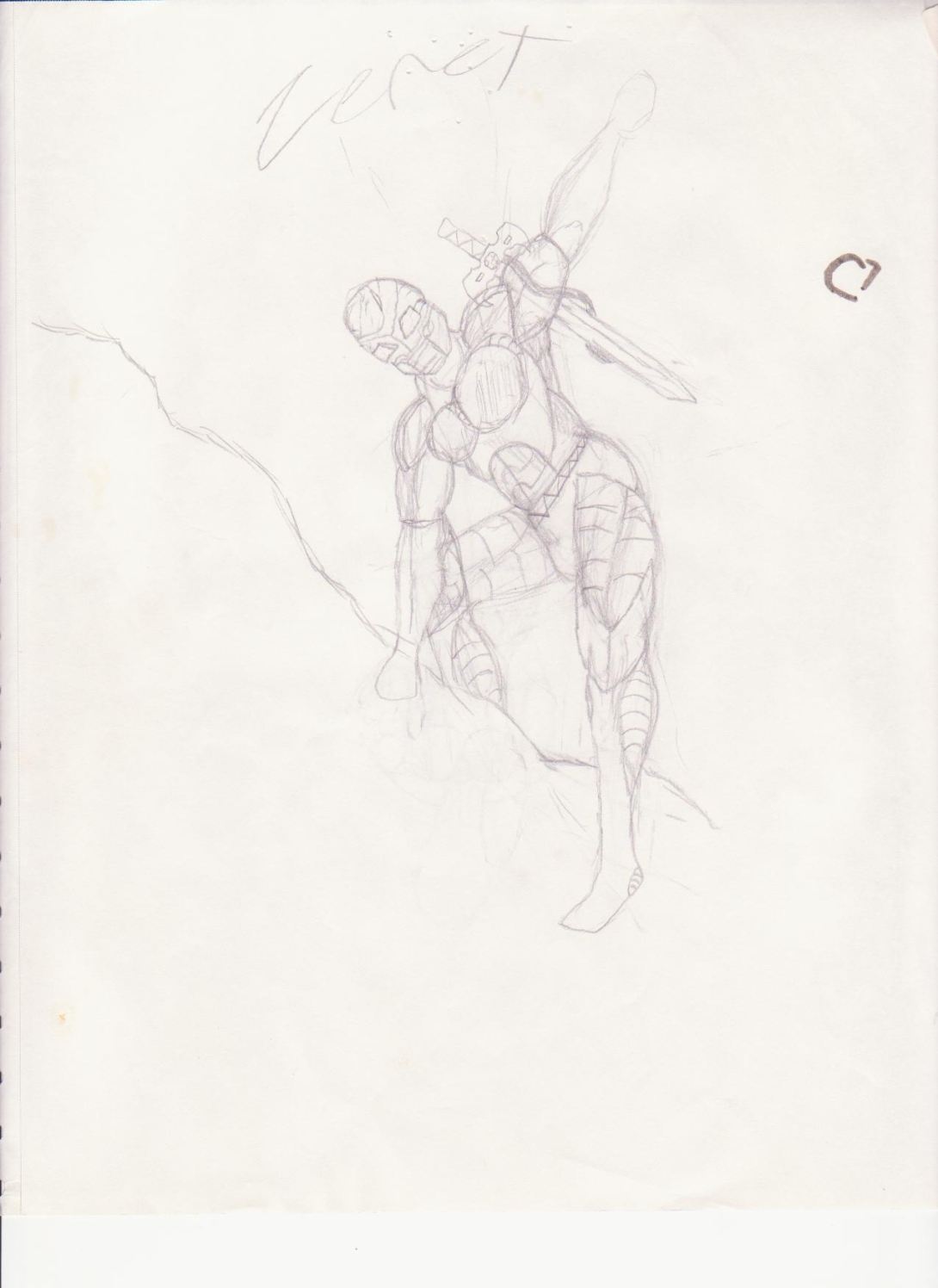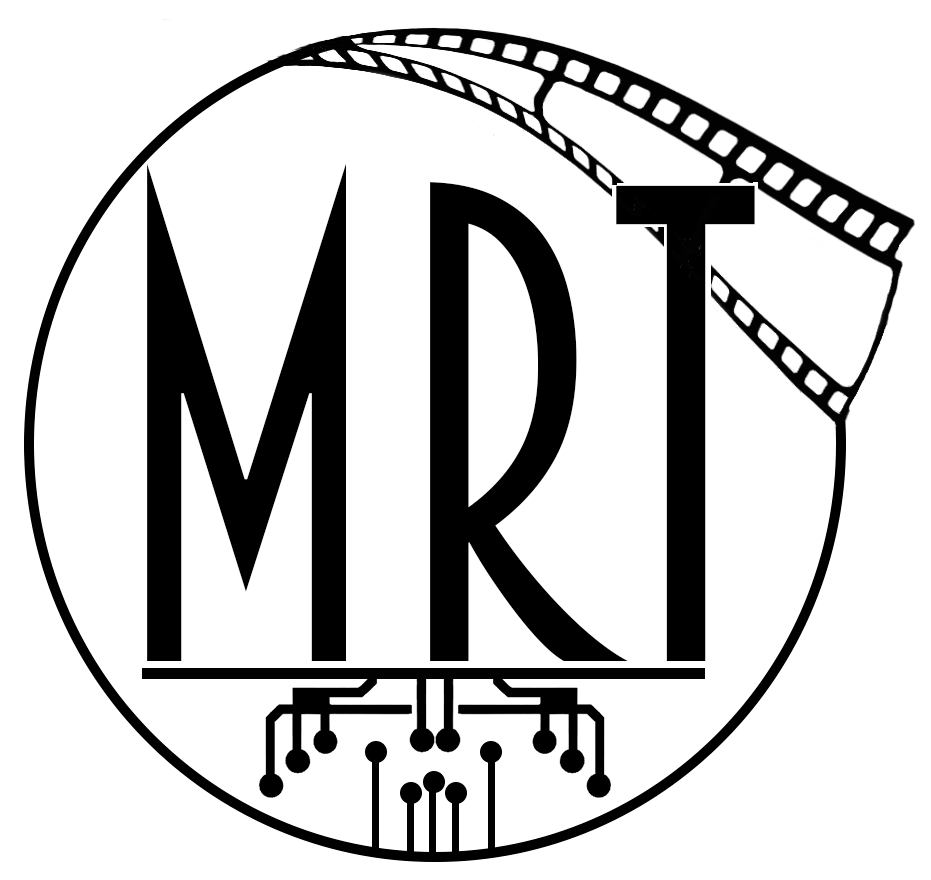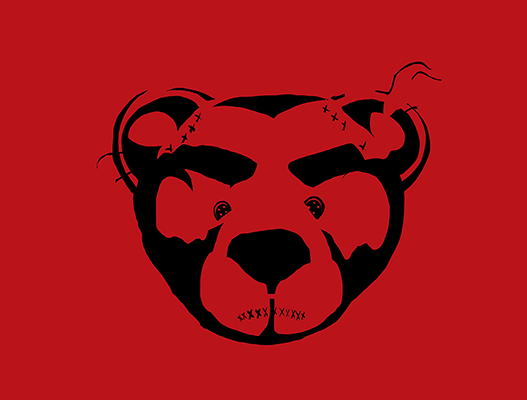
The above image is an illustration I drew, back when I was 13. That character, Zenex, eventually made it into a feature screenplay I wrote in my mid twenties. Even though the story takes place in a futuristic and distance galaxy, it focuses heavily on an ancient/modern theme of "martyrdom".
In recent years, there has been a push in film/tv to attend to a “modern audience”. What does that actually mean? What makes today's audience so much different from an audience from the 1990s, the 1970s, the 1920s, or fans of theatre, fairy tales, and novels from before the advent of film? What makes today's audience so much different? There are different cultural trends, both good and bad, present now compared to ten years ago. 2014 had slightly different trends from 2004, which was slightly different from 1994, and so on. Does the call for “modern audiences” mean that movies and tv shows will only be relevant for a few years, and then be tossed out for good?
I could go off on countless different tangents in my criticism of the “modern audience” philosophy, but I'll stick to the most significant factor. I won't go too deep into the science weeds here, but one thing most sane people agree on, is that the laws of nature, on Earth, remain consistent over time. On the evolutionary scale, humans haven't changed much since the dawn of civilization. Ancient men and women faced the same natural forces we all do: life, death, health, sickness, harmony, corruption, population growth, war, natural disasters, heat, cold, starvation, child birth, and the list goes on and on. Themes of wisdom, greed, love, family, corruption, fairness, theft, betrayal, misunderstandings, law, mob rule, trade, hierarchy, agriculture, exploration, and so many more permeate every society that has ever existed.
There is a reason a person today, can enjoy and relate to the characters in Homer's “Iliad”, written thousands of years before the rise of Rome. There is a reason why I can watch movies from India, Japan, or Serbia, and with proper English translation, understand and enjoy their stories. Modern India has a much different culture from modern Canada, but we all face the same natural laws, and similar human experiences. One of the best movies I watched last year, was a Japanese film called “Godzilla Minus One”; it was set in Japan at the end of “World War 2”, and showed the inner conflict that existed in many Japanese citizens of the time. Canada and Japan were enemies in that war, and yet, I can still relate to the struggles of the Japanese people.
It's not just a matter of relating to the stories of different times and societies, there is much to be learned from perspectives of the past. Years ago, I read the 1851 book “Mobey Dick” by Herman Melville. There are countless criticisms I could give Melville on his writing style, but that's not what's important. His book gave a perspective of the time that even history books wouldn't be able to provide. The book showed me how people of that time were both similar and different from people of our time. I also learned a ton about the whaling industry, how it was conducted, why wales were hunted, and the growing realization, by Melville, that whales weren't dumb fish but were highly intelligent mammals.
The problem with the “modern audience” goal, is that it embraces current culture, but rejects vital patterns in the human experience, which transcend time and space. It's like baking a pizza pocket without the toppings; all you end up with is an empty ball of bland crust. If you look down on the people of the past, and all the brilliant and hard working people who got us here, you lose sight of what makes human beings human. If you ignore the horrible people of the past – the parasitic people that plagued all societies – you lose sight of what we as humans need to rise up and challenge. The good and bad of past societies mirror the good and bad of our current world. The dimwitted Lennie, in the 1937 book, “Of Mice and Men”, and his lovingly squeezing pet mice to death, is a good parallel to the dimwitted crusaders of today, lovingly squeezing vulnerable communities to death. More “modern audience” members need to read the classics, or watch some of the better films from the past.
If you want to learn more about the author, Chris Griffin, check out his website, www.angrybearfilms.com



Comments